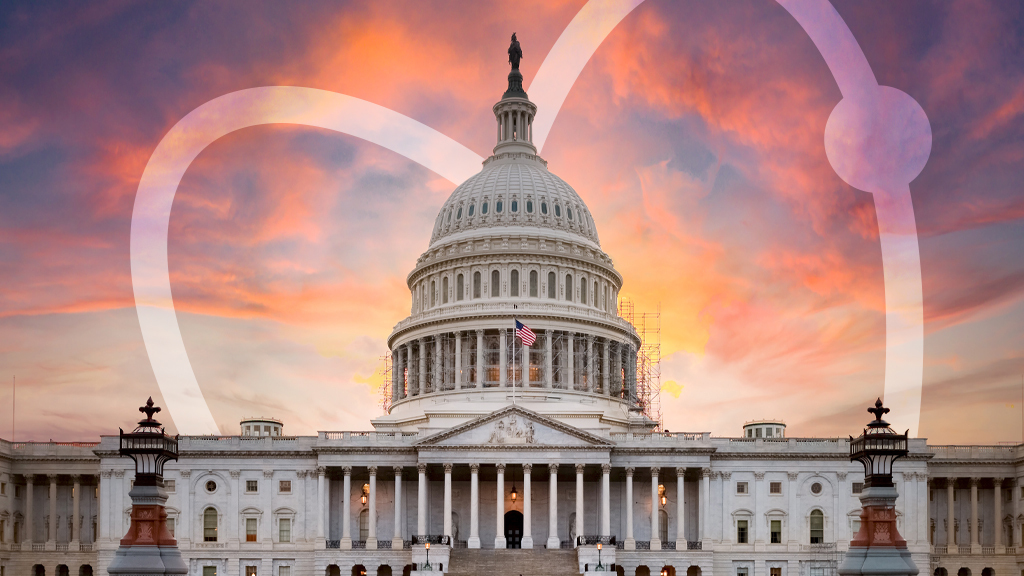Legislative Update
California Lawmakers Set to Consider Bill to Restrict Dissection in the Classroom
By NSTA Legislative Affairs & Advocacy Team
Posted on 2024-06-14

Disclaimer: The views expressed in this blog post are those of the author(s) and do not necessarily reflect the official position of the National Science Teaching Association (NSTA).
NSF to Establish National STEM Teacher Corps Pilot Program
In response to the Creating Helpful Incentives to Produce Semiconductors (CHIPS) Act of 2022 (Pub.L. 117-167), the National Science Foundation (NSF) is establishing the National STEM Teacher Corps Pilot Program. By establishing this program, NSF seeks to elevate the profession of STEM teaching, and the program will recognize outstanding STEM teachers in our nation’s classrooms, reward them for their accomplishments, elevate their public role, and create rewarding career paths to which all STEM teachers can aspire, both to prepare future STEM researchers and to create a scientifically literate public. NSF is inviting proposals to establish an initial set of Regional Alliances responsible for (a) recruiting eligible applicants to become members of the National STEM Teacher Corps; (b) screening, interviewing, and selecting members; and (c) supporting other activities detailed in the Program Description.
California Lawmakers Set to Consider Bill to Restrict Dissection in the Classroom
During the week of June 17, the California Senate will consider a bill (AB 2640) that will pressure science teachers to eliminate hands-on dissection investigations by 2028 and that actively discourages dissection by adding administrative burdens. The bill was voted out of the California Assembly last month.
If this bill passes, it will direct California schools to pursue alternatives to dissection and require educators to engage in a complicated series of notifications to parents and students.
Existing California law (California Education Code EDC § 32255.1) already provides appropriate avenues for students to opt out of dissection activities in favor of alternatives while respecting the expertise of K–12 science educators. NSTA believes AB 2640 should solely focus on ensuring current law is better enforced so teachers and students are educated on the options that already exist for students who opt out of hands-on dissection.
California teachers only—We need your help to make science educators’ voices known. Please take a moment to communicate with your state Senators about this bill now.
You can read the bill here: Bill Text: CA AB2640 | 2023-2024 | Regular Session | Amended | LegiScan.
You can locate your California state Senator here: Find Address (ca.gov). Once you locate their office, click on the “contact” section of their website and follow the instructions.
Read the NSTA letter in opposition to CA AB2640 here.
Questions? Send an e-mail to legislative@nsta.org.
Here is a short sample message you can use when contacting your representative:
I am writing to you to oppose the passage of Assembly Bill 2640, which would encourage California public schools to explore alternatives to dissection and would impose additional burdensome requirements on science teachers performing dissections.
AB 2640 is duplicative of existing law and creates unfair bias against dissection. The bill also imposes undue influence on students and schools to move away from hands-on learning.
Finally, teachers support the use of dissection in the classroom. In a national study of 1,178 teachers’ attitudes toward dissection (Osenkowski 2015), 70% of teachers reported that dissection is the best way to teach anatomy and physiology, and 60% disagreed with the statement, “Dissection is no longer necessary to teach the life sciences.” Sixty-seven percent of teachers indicated that they would continue to teach animal dissection because students want to dissect, and 69% said that student performance is the most important factor in choosing animal dissection or alternatives.
Thank you for considering my views as you debate this important issue.
New Bill Could Offer AI Research Programs for Teachers
Two Senators introduced a new bill that would offer scholarship help and professional development opportunities for educators looking to learn more about artificial intelligence (AI) and quantum computing. If the bill passes, the National Science Foundation will have programs in which educators can research AI in education and help create “playbooks” for bringing AI into the K–12 space. Read more here.
Stay tuned for more advocacy and policy updates in future issues of NSTA Reports.
The mission of NSTA is to transform science education to benefit all through professional learning, partnerships, and advocacy.


